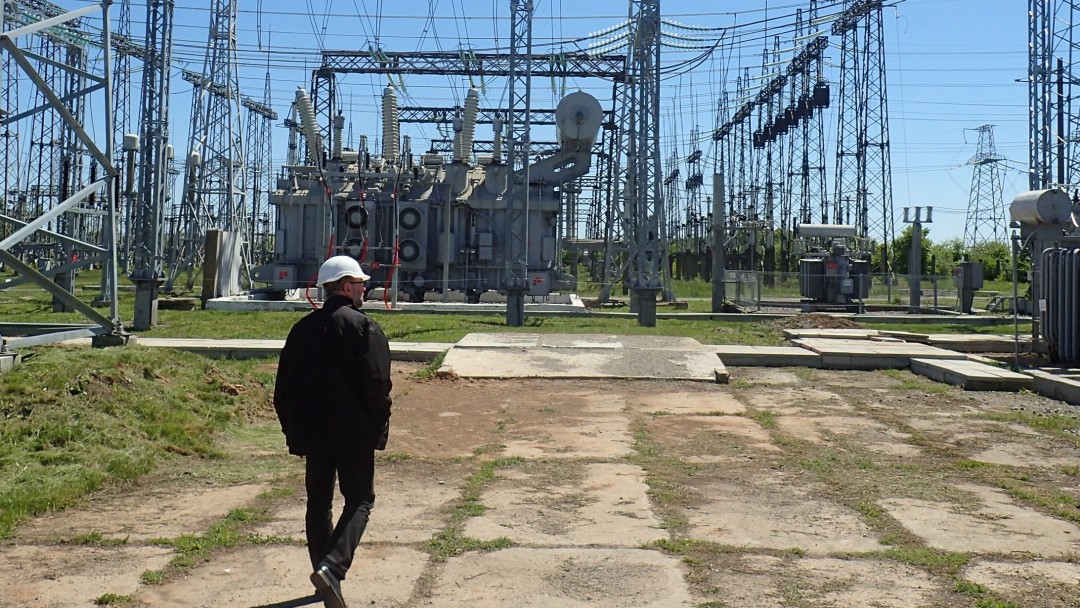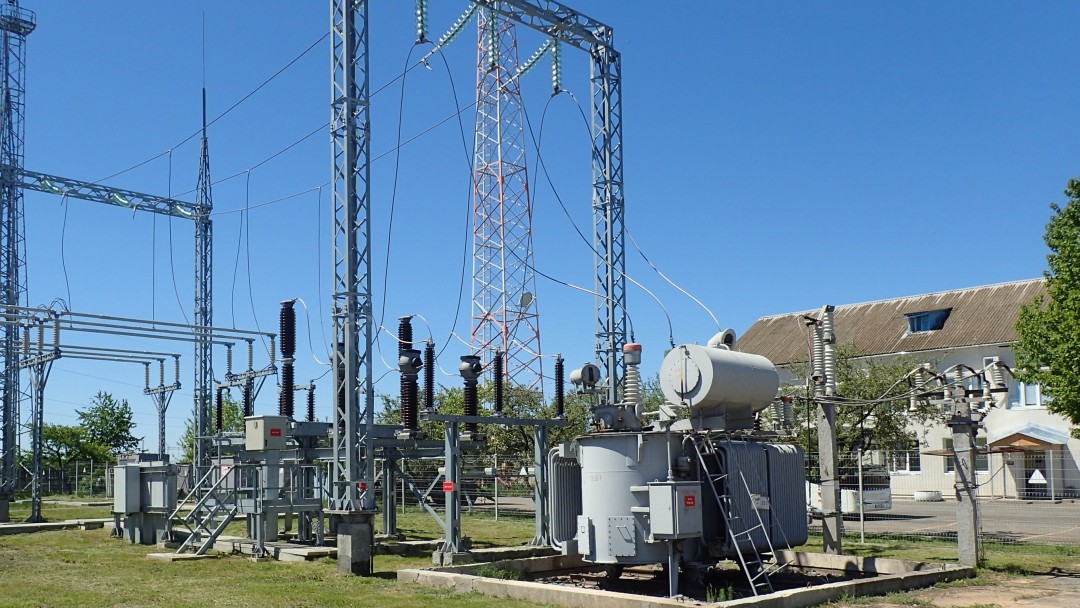News from 2019-12-23 / KfW Development Bank
An opportunity for the Ukrainian energy sector
Upgrading the electricity grid to meet European standards with KfW's support

Ukraine is generally striving to establish closer ties with the European Union. This is true for a wide range of political and economic areas, including – and less well known – the electricity grid. KfW Development Bank is supporting Ukraine in this process and signed a delegated cooperation agreement with the European Union (EU) for almost EUR 9 million right before Christmas. It is part of a contract series and is mainly geared towards reforms in the energy sector.
This is because the grid still has considerable weaknesses nearly 30 years after Ukraine's independence: energy efficiency is poor, the infrastructure is outdated and therefore prone to failure. To remedy these weaknesses, Ukraine has introduced comprehensive reforms: two years ago, it first reached a binding agreement with the European Network of Transmission System Operators (ENTSO-E) on the necessary steps for accession. In addition to the synchronous connection of the electricity grid with central Europe, the aim is also to adopt EU regulations for the electricity market. Ukraine hopes that this will give fresh impetus to the modernisation of its energy industry.

Electricity market in compliance with European regulations
With this project, KfW is now helping the country to establish a competitive, transparent and non-discriminatory market that complies with EU regulations. This includes, for example, aligning legal and regulatory mechanisms and procedures with the relevant European standards. However, this also includes the implementation of EU market regulations in the operation of Ukrenergo, the state-owned transmission system operator, to enable a connection to central Europe. The project also includes drafting a longer-term network development plan.
Several infrastructure projects will be implemented in a second phase, including modern transmission lines and the modernisation of eight substations, mainly in the south-west of the country. The aim is also to significantly improve the performance of the transmission grids and reduce the enormous losses by more than 6000 GWh. This represents about 3% of the electricity produced in the whole country, in other words: it would be possible to completely do without a nuclear power plant like Biblis A. The aim is also to establish an electricity exchange and an energy agency that meets EU standards, which will act as a “market maker”.
New infrastructure in addition to reforms
On behalf of the Federal Ministry for Economic Cooperation and Development (BMZ), KfW will promote this additional infrastructure-related component with a loan of EUR 32.5 million and grants of over EUR 3.5 million. The contract is slated for signature for the first quarter of 2020. In addition to KfW, other development banks like the World Bank and the European Investment Bank (EIB) are involved in the changes to the Ukrainian energy sector. The government estimates the total investment that will be needed under the national Energy Efficiency Action Plan to be about EUR 43 billion.
People living in Ukraine will benefit from this project because the electricity supply will be more reliable and stable. It will also be easier to feed renewable energy into the grid in the medium term. In the longer term, the EU will also benefit from the possibility of trading electricity with Ukraine, including electricity from renewable sources. The synchronisation of the Ukrainian network with the central European network is scheduled for completion by 2026 – and will bring Ukraine economically and politically closer to the EU.

Share page
To share the content of this page with your network, click on one of the icons below.
Note on data protection: When you share content, your personal data is transferred to the selected network.
Data protection
Alternatively, you can also copy the short link: https://www.kfw-entwicklungsbank.de/s/enzBWrMC.CIjA
Copy link Link copied